What Is Contextual Keyword Targeting? Driving Relevancy & Revenue
February 20, 2024
5 Minute Read
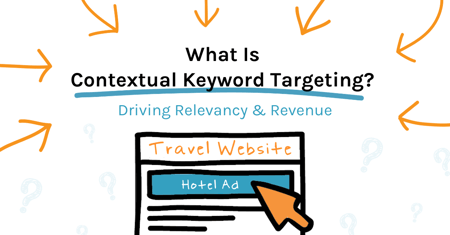
Might I tell you a tale of the days of yore?
While doing marketing for a Detroit-based American auto company we were tasked with promoting a lease pull-ahead offer via Meta Ads. With a world of first- and third-party data at our fingertips, we were able to target users who had a lease with us, as well as users with a lease through a competitor. Through this precision targeting our ads were crafted to say, “Driving an A? Get into a B and we’ll buy out your lease!” As you might imagine with a strategy, audiences, and copy that dialed-in, the campaign performed incredibly well!
Unfortunately, targeting like this is going the way of the buffalo, with cookies getting gobbled up, and audiences disappearing overnight.
cookies getting gobbled up, and audiences disappearing overnight.
And with this comes the rise of “Contextual Keyword Targeting.” It’s all the buzz as of late with ad platforms and agencies alike writing about it and developing strategies around it.
But here’s the thing: Contextual Keyword Targeting isn’t new. It’s been since the mid-2000’s. And we, as paid media marketers, have been using it since then.
What Is Contextual Keyword Targeting?
Imagine you’re an electric car brand: Your audience is likely  eco-conscious and well-informed, doing their research before purchasing a vehicle. Contextual Keyword Targeting allows you to place your ads alongside electric car articles and environmental blogs, rather than bombarding individuals with generic ads based on their browsing history. We’ve all had this happen: You Google something, go to a website, and now every advertiser on the planet is targeting you with similar products to the one that you viewed, that you have NO intention of buying.
eco-conscious and well-informed, doing their research before purchasing a vehicle. Contextual Keyword Targeting allows you to place your ads alongside electric car articles and environmental blogs, rather than bombarding individuals with generic ads based on their browsing history. We’ve all had this happen: You Google something, go to a website, and now every advertiser on the planet is targeting you with similar products to the one that you viewed, that you have NO intention of buying.
Contextual Keyword Targeting allows a more natural and contextually relevant connection with prospective buyers, sparking a genuine interest in your brand, versus creating an annoyance.
Why Should I Use Contextual Keyword Targeting?
- Enhanced Privacy: With the ever-growing concern from users regarding data tracking, contextual targeting offers a privacy-conscious approach. No PII (personally identifiable information) is involved, guaranteeing compliance with regulations, as well as building consumer confidence.
- Improved Brand Perception: When you get an ad for something you’re generally interested in, your opinion of the brand/product grows. For possible customers this increases brand opinion and perceived value. Users feel like you “get them” instead making a mental note to never ever buy anything from you.
- Expanded Reach for Niche Audiences: With the ability to reach individuals who are actively searching, reading, and engaging with topics that align with your brand, you can go beyond demographic and behavioral targeting.
- Cost-Effectiveness: What’s worse than wasted ad impressions? (Okay, a lot of things.) In targeting relevant content, costing savings are seen when compared to utilizing broad-based targeting. This means better UX, better ROI, and better strategy development.
- Relevancy: You know how you feel when you get an ad for something you have no interest in? Your prospective customers feel the same way. In aligning your ads with the right audience, the relevancy of your ad increases dramatically. More relevant = More customers!
How Does Contextual Keyword Targeting Work?
At its core, contextual targeting is an algorithm. (Hmmm… Where have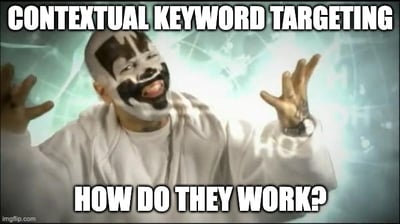 we heard about those before?) Web pages, articles, and videos are analyzed to determine where and when to place ads. This analysis can include:
we heard about those before?) Web pages, articles, and videos are analyzed to determine where and when to place ads. This analysis can include:
- Keyword Targeting: Relevant keywords within your ads/campaign are matched to keywords on the target page.
- Semantic Analysis: Going beyond just keywords, advanced algorithms assess the meaning and sentiment of content, for greater accuracy and ad relevance.
- Topic Models: Content is grouped into specific topics and matched to the most relevant ad campaigns.
As machine learning (AI) algorithms continue to learn and refine how they understand the context of web content, greater accuracy, ad relevance, and revenue will follow.
How Do I "Do" Contextual Keyword Targeting? (Tips!)
- Clearly Define Your Target Audience: It is mission critical that you
 understand who your ideal customer is. In addition to demographics, you must also understand their interests and online behavior in order to choose relevant content categories.
understand who your ideal customer is. In addition to demographics, you must also understand their interests and online behavior in order to choose relevant content categories.
- Yes, You should test a more general audience vs a more defined audience. (This means keywords too!)
- Choose the Right Platform: Not all platforms are created equal. You want strong content analysis combined with diverse placement options. Not everyone in your audience is the same, so you need intelligent reach and scalability.
- Start Small and Experiment: Begin with smaller campaigns and test different combinations of keywords, topics, and placements to optimize your approach.
- Example: Best Electric Cars + Finance vs Best Mileage Electric Cars + Parenting
- Continually Monitor and Measure Performance (and Optimize!): Track your KPIs (Impressions, Clicks, Conversions, ROAS) to gauge the impact of your campaigns and optimize accordingly.
Contextual Keyword Targeting is not a magic bullet. Nor is it the bullet that will kill your search campaigns. It is, however, a powerful tool to add to your marketing arsenal. If I were to break it down to 3 strategies/methods and what they accomplish, I’d say it like this:
- Contextual Keyword Campaigns - Demand Generation (Top of the Funnel)
- Search Campaigns - Reach Users Actively Searching (Middle of the Funnel)
- Retargeting Campaigns - Drive Conversions (Bottom of the Funnel)
Is It Time to Explore Contextual Keyword Targeting?
In understanding the attributes of contextual advertising, leveraging its benefits, and through strategic implementation, you can navigate the Cheshire Cat that is the digital landscape with confidence. You’ll reach the right audience at the right time with the right message, achieving your marketing goals, in a manner that is both privacy-conscious and effective, while driving meaningful connections and measurable success.
Until next time!
Stay up to date on what's new (or new again) in digital marketing with our monthly newsletter:

Curtiss Gulash
When Curtiss is not being a Brewmeister, brewing amazing craft beers at Big Cat Brewing Company, in Cedar, Michigan, he is BFO’s Paid Media Team Lead with a specialty in marketing automotive brands. Curtiss is known for his super-human energy and loves taking a project from start to completion. He understands the world of digital media through and through and manages to juggle multiple curveballs, be a terrific team player, and a super coach to his staff.
CATEGORIES
SUBSCRIBE TO OUR BLOG
Stay up to date with the latest industry best practices in digital marketing!













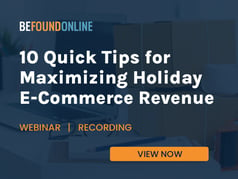
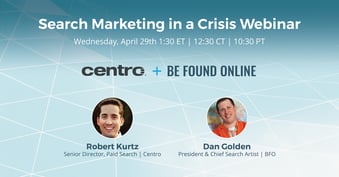

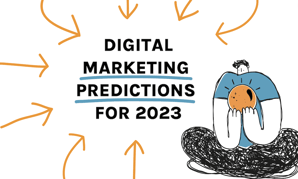
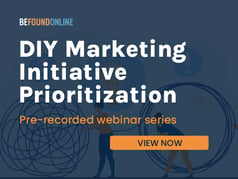
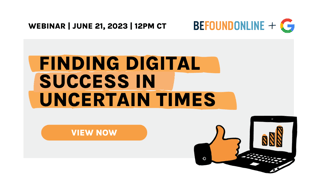




.png?width=339&height=179&name=Webinar%20Banner%20(1).png)
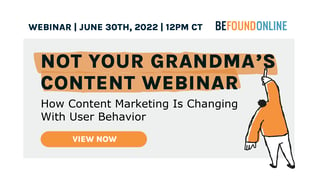
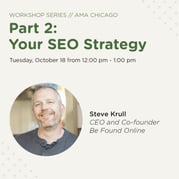
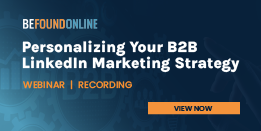
.png?width=339&height=179&name=July%20Webinar%20(Newsletter).png)
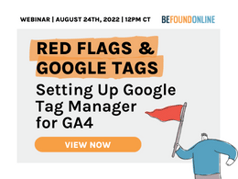
.png?width=339&height=179&name=Webinar%20Banner-April-02%20(1).png)
%20(4).png?width=339&height=179&name=Webinar%20Banner-May-02%20(1)%20(4).png)
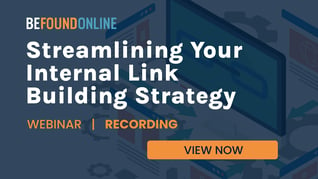
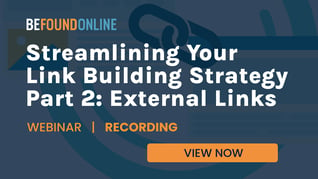


.png?width=339&height=179&name=March%202023%20Webinar%20Ad%20(autoresponder).png)
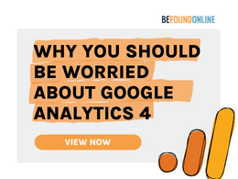
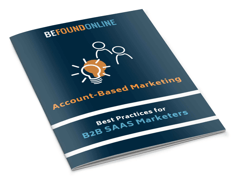
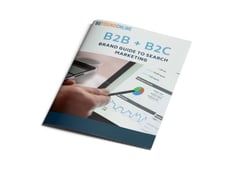

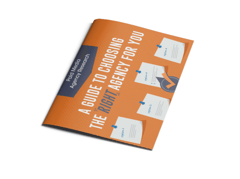
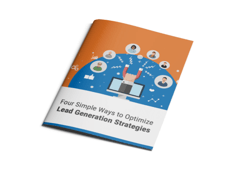
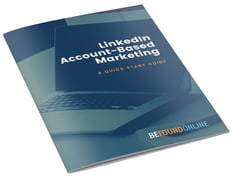



.png?width=339&height=179&name=2025%20Paid%20Media%20(1200%20x%20628%20px).png)











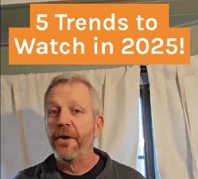
















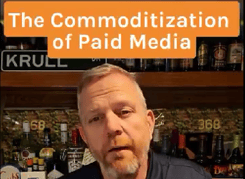











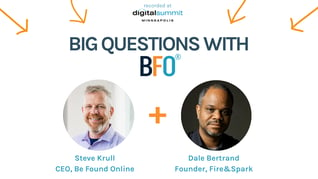
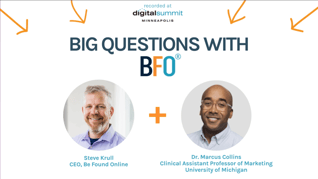

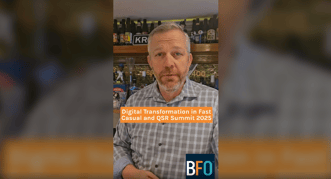
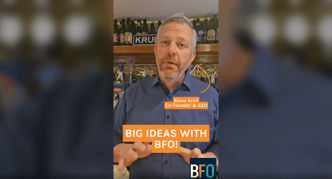
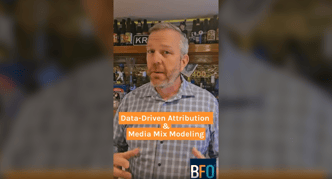







.png?width=339&height=179&name=2026%20Paid%20Media%20Ad%20Specs%20(Twitter%20Post).png)

